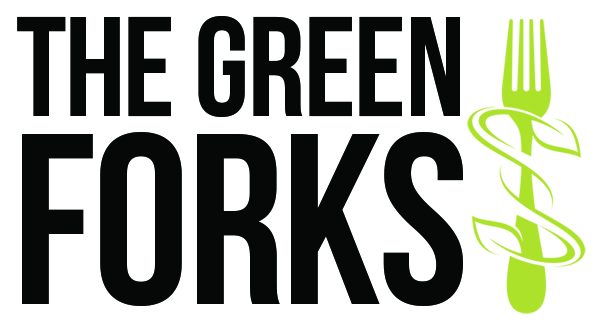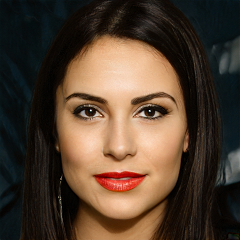For the first 6 months of life, breastmilk is the sole source of nutrition and will generally continue to be a significant part of nutritional intake throughout weaning. During this period of rapid growth and brain development, optimum nutrition is essential. Breastfeeding is undoubtedly the preferred option for infant feeding, providing tailored infant nutrition as well as valuable bonding between mother and baby. [1]
For years, this has been a sensitive subject among parents. The factors are merely biological on why they choose their toddlers to be vegan at an early stage. It’s challenging, it’s bold, and is not quite the usual norm when it comes to children’s nutritional needs. A well-planned vegan eating patterns can be healthful and appropriate for all stages of the lifecycle, including infants and toddlers.
If you’re planning to bring your baby or child up on a vegan diet, you need to make sure they get a wide variety of foods to provide the energy and vitamins they need for growth. Check with your health visitor about the recommended vitamin supplements you should offer in the first year of life – we recommend all breast-fed babies receive a supplement of vitamins A, C and D from six months of age, but vegan babies may also benefit from an iodine and vitamin B12 supplement.
First foods for vegan babies should include vegetables, potatoes, cereal foods (such as, polenta, porridge, pearl barley, quinoa, millet), pulses, tofu, ground nuts, and seeds and fruits.
Protein is needed for growth and for maintaining and repairing body tissues, as well as to make enzymes that control many body functions. Vegan infants need a good variety of protein foods, such as peas, beans, lentils, soya beans, tofu, soya yoghurt, nut and seed butters, as well as cereal foods and grains. Pulses are very good first foods to offer because they can be mashed easily and provide a variety of tastes and textures. [2]


